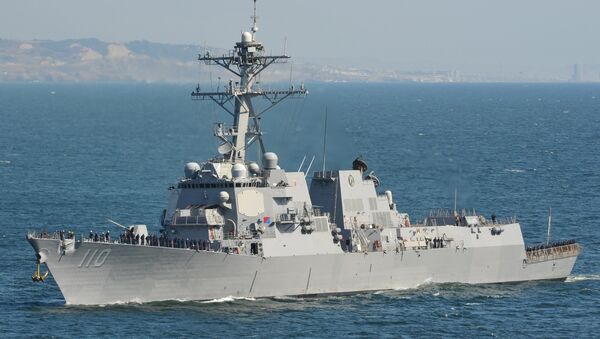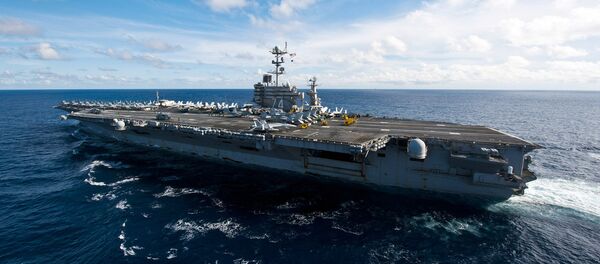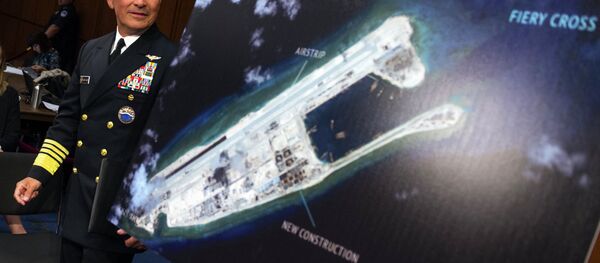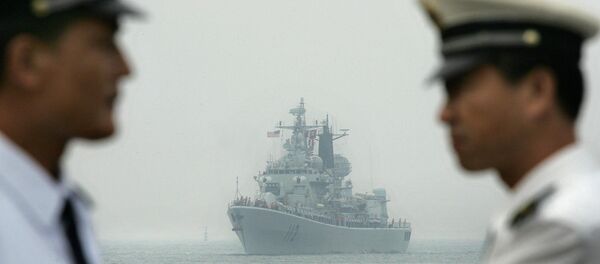"These excessive maritime claims are inconsistent with international law as reflected in the Law of the Sea Convention, in that they purport to restrict the navigation rights that the United States and all states are entitled to exercise," US Defense Department spokesman Bill Urban said, in an email statement.
The "excessive maritime claims" refers to Beijing’s construction of artificial islands in the Spratly archipelago. While Washington has accused Beijing of attempting to establish an air defense zone, China maintains it has the right to build within its own territory and that the islands will be primarily used for humanitarian purposes.
Tuesday’s freedom of navigation patrol by the guided missile destroyer USS William P. Lawrence is meant to challenge China’s territorial claims. Similar patrols have been conducted in recent months by the USS Lassen and US fighter aircraft.
Previous patrols have passed without incident, but on Tuesday Beijing scrambled a pair of fighter jets and three warships to intercept the US naval vessel.
"[The US patrol] again proves that China’s construction of defensive facilities on the relevant reefs in the Nansha Islands is completely reasonable and totally necessary," China’s Defense Ministry said in a statement, using an alternative name for the Spratlys.
Speaking to reporters, Chinese Foreign Ministry spokesman Lu Kang claimed that the the action of the USS William P. Lawrence is illegal.
"This action by the US side threatened China’s sovereignty and security interests, endangered the staff and facilities on the reef, and damaged regional peace and stability," he said.
Some experts have suggested that the timing of this latest patrol is intended to coincide with President Barack Obama’s visit to Southeast Asia later this month. US Secretary of State John Kerry, however, downplayed any connection with the president’s itinerary.
"This is not a pointed strategy calculated to do anything except keep a regular process of freedom of navigation operations underway," he told reporters.
While China lays claim to most of the South China Sea, there are overlapping claims by Malaysia, the Philippines, Brunei, Taiwan, and Vietnam.
Speaking in Vietnam, Daniel Russel, US assistant Secretary of State for East Asia and the Pacific, highlighted the need for the American patrols.
"If the world’s largest navy cannot sail where international law permits, then what happens to the ships of navy of smaller countries?" he said.





